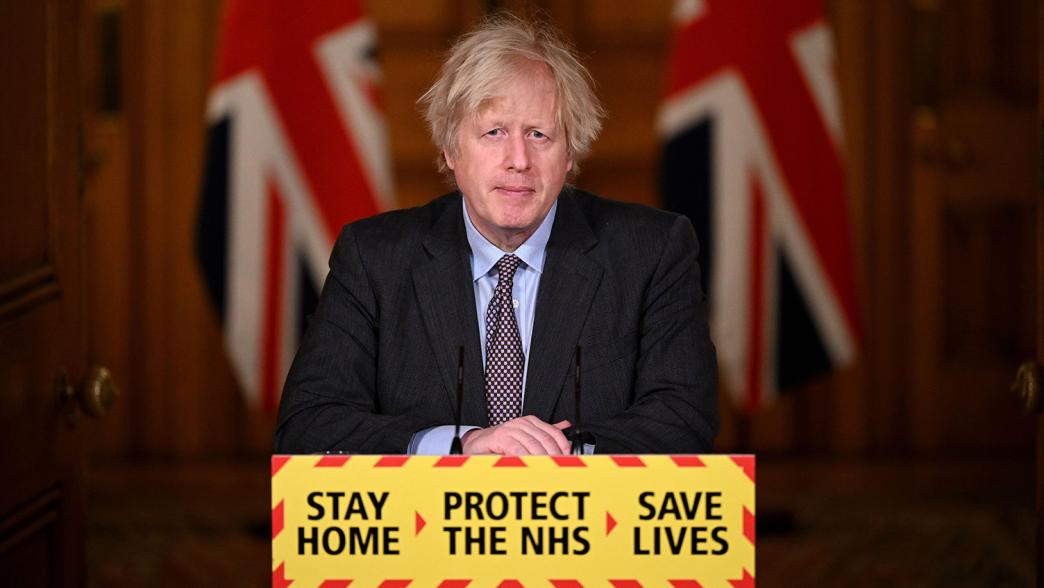Coronavirus: one year on – 10 lessons to improve how government responds to shocks and crises
A new Institute for Government paper sets out 10 lessons that government should learn from its handling of the Covid crisis.

As the UK hits the anniversary of the first national lockdown, a new Institute for Government paper sets out 10 lessons that government should learn from its handling of the Covid crisis. These include overhauling decision-making structures at the heart of government, fundamentally redrawing relations between central and local government, and strengthening the National Risk Register.
Published today, Responding to Shocks: 10 Lessons for Government draws from interviews with public servants and politicians with recent experience of working in governments put under huge pressure by the Covid pandemic and the fallout of the EU referendum. Looking at how well the government anticipates shocks, organises itself to respond to crises, and then is held accountable for the decisions it takes, the new IfG paper exposes the strengths and weaknesses of government in the UK when placed under strain.
The paper found that:
- The National Risk Register needs to be strengthened. It does not do enough to identify how risk should be managed or inform how departments plan for risk before crises hit. There should be more civil contingency exercises, including all parts of government, with the results being made public.
- The capacity to respond to shock events should be protected in the budget process and in ministers’ plans for their departments. The crisis has exposed years of underfunding. The government does not need surplus capability just for the sake of it but should invest more in the ability to rapidly redesign public services.
- An authoritative policy-brokering and co-ordination team should be created in the Cabinet Office right at the start of a crisis to ensure policy is coherent across government – unlike, for example, Eat Out to Help Out.
- Decision-making structures at the heart of government need overhauling. While operational delivery – such as the furlough scheme or the increase in Universal Credit claimants – has tended to prove effective, policy decision making – such as on when to lockdown – has often been slow and incoherent.
- An open and consultative process should be a set part of shaping policy. Ministers and officials should refuse to sign off policy proposals that have not been tested with those they affect. The best policies, such as the early economic support packages, were shaped after discussions with people on the front line. Unsuccessful interventions, such as the attempted June reopening of schools and the cancelling of exams, were not.
- Rapidly adapting to new ways of working should mean more ambition for future government and civil service reforms. Public services and departments adjusted quickly to new ways of working. By May 2020, more than 90% of DHSC staff were estimated to be working from home, as were 94% of Department for Transport staff and 98% of staff in the Department for International Development.
- Relations between central and local government need to be repaired or fundamentally redrawn. The crisis has exposed a damaging breakdown of the working relationship.
- There should be a government ‘playbook’ for crisis communications. The pandemic exposed the lack of understanding of how government should communicate in a crisis. The varied method and frequency of announcements, failure to provide detail and excessive ‘optimism bias’ undermined government messages.
- Lines of accountability between civil servants and ministers must be made clearer. Rows over the DfE’s decisions, the role of Public Health England, and the accountability of government ‘tsars’ have highlighted gaps, overlaps and inconsistencies.
- How to hold a government to account needs strengthening. Fast-tracking procurement contracts, meagre scrutiny of Covid legislation, and non-adherence to the ministerial code has seen a government, with the support of a parliamentary majority, capable of overriding many of the UK’s mechanisms of accountability and scrutiny.
Report author and IfG programme director Alex Thomas said:
“It’s not too soon to learn lessons from the huge issues governments have had to grapple with in recent years. The pandemic hit ministers, public servants and institutions already under strain by the task of leaving the EU.
“Many of those directly involved, while recognising that some things worked well, know that the effectiveness of future governments depends on getting better at anticipating and responding to shocks, improving departmental organisation, and strengthening checks and balances on power.”
Notes to editors
- The Institute for Government is an independent think tank that works to make government more effective.
- For more information, including data to reproduce any charts, please contact press@instituteforgovernment.org.uk / 0785 031 3791.
- Topic
- Coronavirus Civil service
- Keywords
- Accountability
- Publisher
- Institute for Government